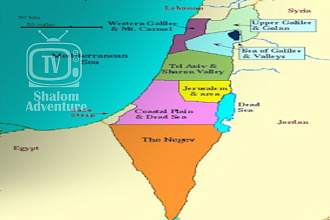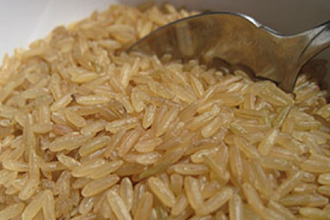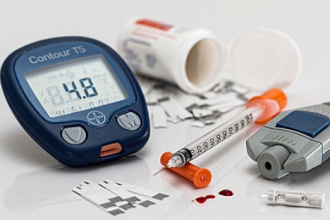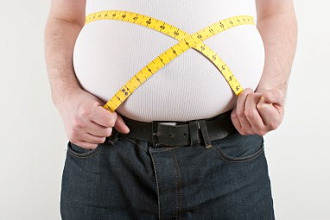We are a sedentary nation of couch potatoes addicted to computer games, TV, and spectator sports. We need exercise! Children who once were off the charts in exercise now sit way too much – 17 percent are overweight or obese, largely due to sitting. This makes them prone to adult type 2 diabetes, with its dire complications.
Pregnancy
Moms to-be, you need to get out and get going! Research shows that moderate exercise increases placental blood flow and decreases risks of pregnancy. When you exercise, so does your baby. It decreases baby's resting heart rate and birth weight – important conditioning parameters.
Exercise may help:
- Control weight – the metabolic rate increases, burning more calories even at rest!
- Increase lung capacity and recharge oxygen supply Improve blood pressure, circulation, and strengthen your heart
- Lower cholesterol and improve blood flow in the arteries – it can even help reverse arteriosclerosis!
- Relieve stress, tension, depression, and improve sleep naturally – without a pill!
- Promote the body's ability to get rid of toxic wastes
- Improve metabolism – stabilize blood sugar
- Strengthen the bones and counteract osteoporosis Increase physical strength and tone of muscles by improving oxygen utilization
- Improve posture and decrease back problems
- Prevent the big C word – CANCER
What kind of activity is best?
Walking is the ideal exercise. Other good activities include swimming, cycling, gardening, and yard work. One of the special benefits of exercising outside is that you can combine at least three of the health principles: sunlight, fresh air, and exercise.
A daily program of at least thirty to forty minutes is best for maximum benefit. The important thing is that you enjoy what you do and do it regularly.
Exercise Precautions
- Start slowly and progress gradually.
- It is better to exercise before a meal than right after a meal
- Allow time to warm up and cool down.
- Discontinue your exercise and see your physician should you have any of the following symptoms:
- Pain in the chest, teeth, jaw, neck, arms, bones, or joints
- Difficulty in breathing, light-headedness, or fainting
- Irregular heart rate during exercise or recovery period
- Excess fatigue
- Recurrent nausea or vomiting occurring after exercise
A balanced and well-planned exercise program is one of the wisest investments you can make. Choose an activity that you enjoy and stick to it. Have fun and feel better every day!

























